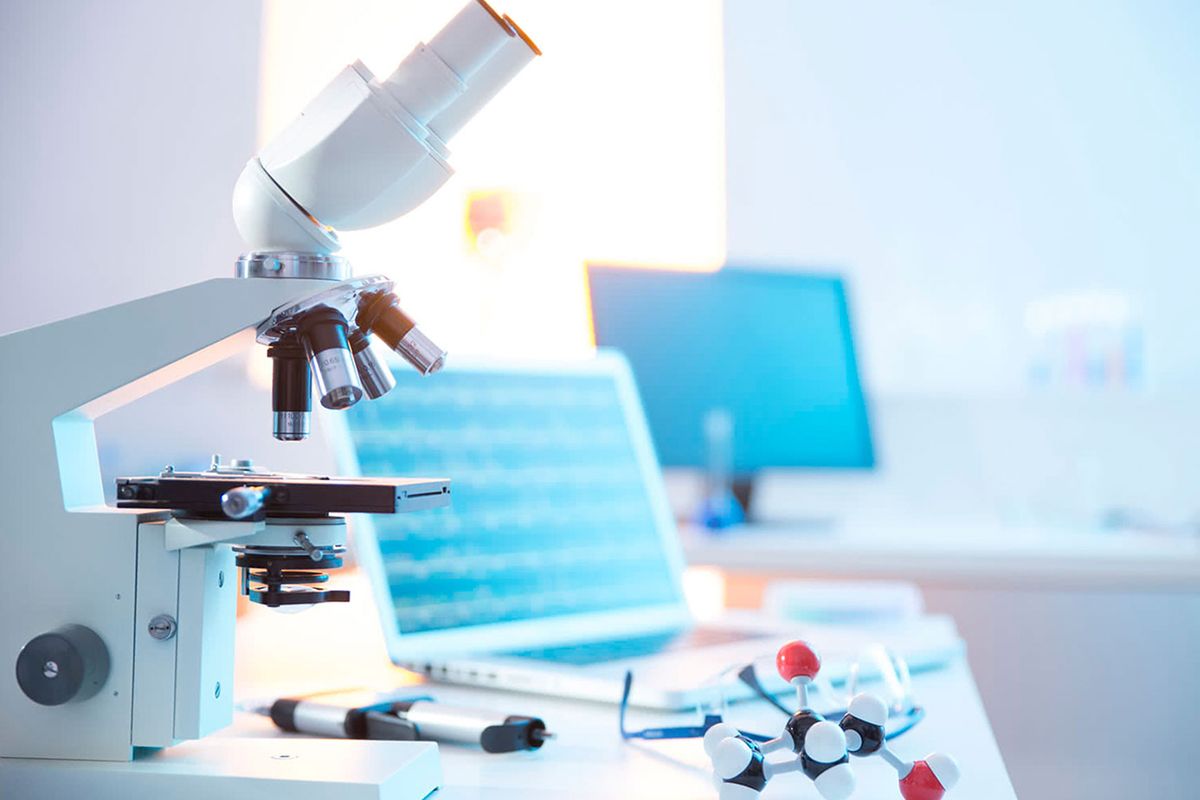
Molecular Diagnosis
Molecular diagnosis is a method used in modern medicine and biology to identify and diagnose diseases, disorders, and genetic conditions at the molecular level. It involves analyzing the genetic material (DNA and RNA) and the proteins within an individual’s cells to detect specific markers, mutations, or abnormalities that may be associated with a particular condition. This approach has revolutionized the field of diagnostics, allowing for more precise and early detection of various diseases.
Benefits of Molecular Diagnosis
It’s important to note that Molecular Diagnosis requires specialized laboratory equipment and trained personnel to perform the necessary tests and interpret the results accurately. The field continues to advance rapidly, leading to improved diagnostic accuracy and the development of targeted therapies based on molecular profiles.
